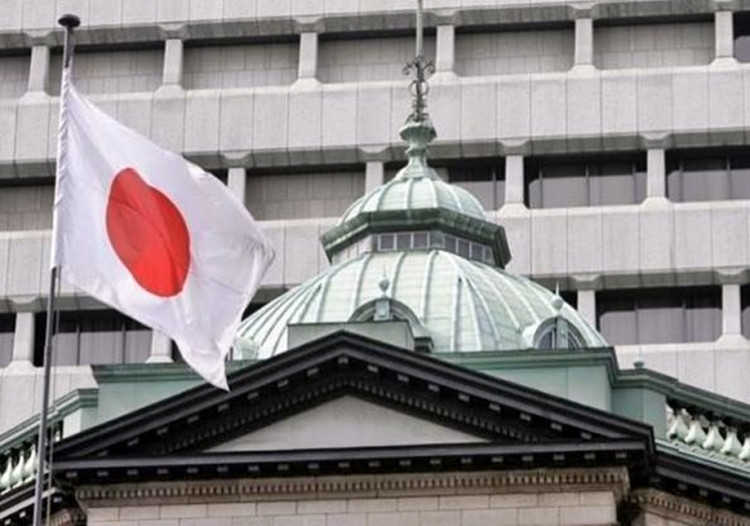Japan's export-driven economy is feeling the pain resulting from the global economic slowdown and the disruption of international trade caused by president Donald Trump.
The Bank of Japan, the central bank, for the first time, expressed pessimism robust exports and factory output will underpin Japan's growth this year in a confirmation that trade and political tensions overseas threaten to derail its fragile economic recovery. And to protect that recovery, the BOJ kept monetary policy steady on Friday.
At a two-day rate review, the BOJ reaffirmed its promise to retain short-term interest rates at minus 0.1 percent and 10-year government bond yields around zero percent. The widely expected decision was made by a 7-2 vote.
"Exports have shown some weaknesses recently," said the BOJ in a statement on its policy decision. Its bleaker view today stands in stark contrast to January when it said exports were increasing as a trend.
The BOJ did, however, cut its assessment of the health of overseas economies, saying they're showing signs of a slowdown. It also downgraded its view on exports and output.
Japan's exports posted their biggest deceleration in more than two years in January as exports to China tumbled. Factory output also posted the biggest decline in a year in January, another sign slowing weakening global demand is taking its toll on the country's economic health.
The BOJ also defended its view Japan's economy is expanding moderately. There was a caveat to this optimism, however. The bank added a phrase that "exports and output have been affected by slowing overseas growth."
Observers noted that in January, the bank only said the economy was expanding moderately.
"The sharp deterioration in exports and industrial production should be a serious source of concern for the BOJ. I think the BOJ is doing some thought experiments about what they can do," noted Masayuki Kichikawa, chief macro strategist at Sumitomo Mitsui Asset Management.
"For now you can still make the argument that current economic weakness is temporary, but this is becoming an increasingly closer call. The next three months are critical."
BOJ Governor Haruhiko Kuroda dismissed any possibility of additional monetary easing despite the threats posed by heightened overseas risks. He also brushed aside growing calls from politicians and bank executives to raise interest rates or temper the BOJ's 2 percent inflation target to ease the strain of prolonged ultra-low rates on financial institutions' profits.
"I don't see the need to change the target, or believe that doing so would be desirable," said Kuroda.






